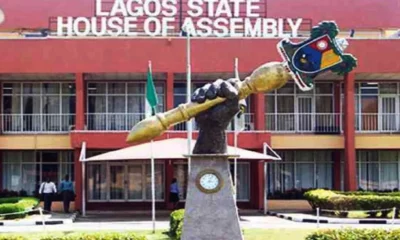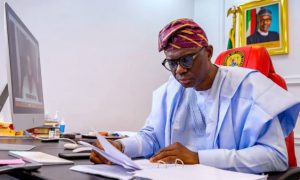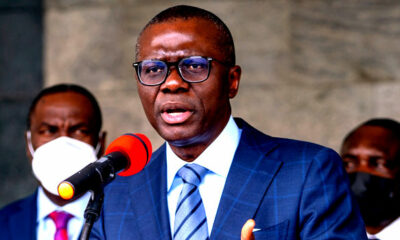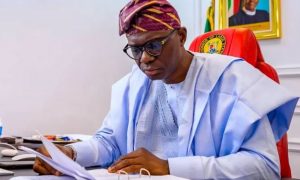Politics
Why Lagos State Assembly rejected 17 out of 39 Sanwo-Olu’s cabinet nominees
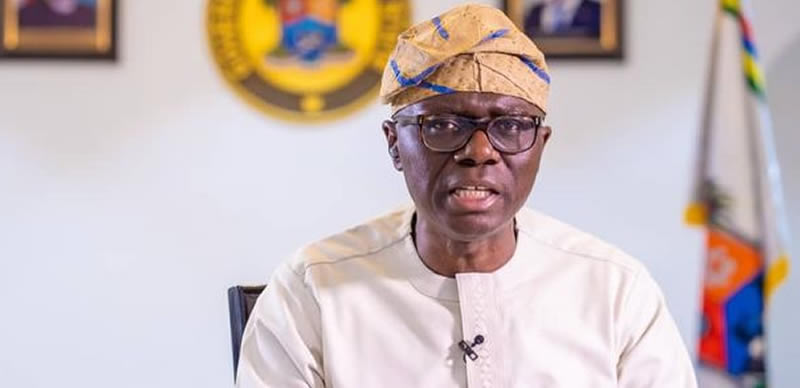
The rejection of 17 of Governor Babajide Sanwo-Olu’s cabinet nominees by the Lagos State House of Assembly on Wednesday underscores the tense relationship between the executive and legislative branches.
Out of the 39 cabinet nominees presented by Sanwo-Olu for screening, only 17 successfully navigated the evaluation process, marking an unprecedented occurrence in Lagos’ history. The Assembly granted confirmation to just 22 of the nominees.
This clash hints at an ongoing political confrontation between the governor and the Assembly, necessitating intervention from higher authorities to find resolution.
What prompted this development and how did it unfold?
The origin of this crisis traces back to the strained rapport between Obasa and Sanwo-Olu. During the race for the speakership position, it became evident that Sanwo-Olu supported Abiodun Tobun against Obasa. Although Obasa was eventually re-elected as the speaker after substantial intervention, this may have contributed to the Assembly’s apparent ‘revenge’.
Another influencing factor is that a significant portion of those rejected lacked political affiliations and grassroots connections. Many of them were close associates of the governor. Take, for instance, Prof. Akin Abayomi, the former Commissioner for Health, who lacks political ties and isn’t a politician. The Assembly sidelined these nominees due to their lack of political influence. Comparatively, the list of the 22 confirmed by the Assembly includes individuals with political connections. They are either children of influential politicians in Lagos or have strong associations with powerful figures.
For instance, Tobunsun Alake, son of Dele Alake; Ms. Abisola Ruth Olusanya, connected to a prominent politician, Kaoli Olusanya; Hon. Bola Olumegbon, daughter of the Olumegbons; and Dr. Dolapo Fasawe, offspring of a former deputy governor of Ekiti State, among others.
Assessing performance, nominees like Prof. Akin Abayomi, Gbenga Omotoso, Folasade Adefisayo, and Sam Egube would unlikely have been disqualified if competence were the sole criterion.
An additional factor working against the rejected nominees is their absence from the state during the presidential and governorship elections, which they did not participate in. The Assembly viewed this as unfair to those who were present and partook in the elections.
Some of these individuals also fared poorly during their screenings at the House of Assembly. Engr. Aramide Adeyoye, the former Special Adviser on Works and Infrastructure, reportedly had a lackluster performance during her screening, drawing embarrassment from the Assembly.
Furthermore, Adeyoye is believed to have contributed to her own misfortune. Serving as the special adviser on Works and Infrastructure during Sanwo-Olu’s first term, she was supposed to report to Deputy Governor Dr. Kadri Hamzat. Allegedly, she circumvented this chain of command and reported directly to the governor, updating the deputy governor only after decisions were made. This caused dissatisfaction with Hamzat, leading to her unique circumstance and facing opposition during the screening.
Religious affiliations also played a role in several nominees’ rejection. Among the 39 Sanwo-Olu nominees, only nine were Muslims, sparking concerns from some Muslim groups. This could explain why around 15 Christian nominees faced rejection by the Assembly.


